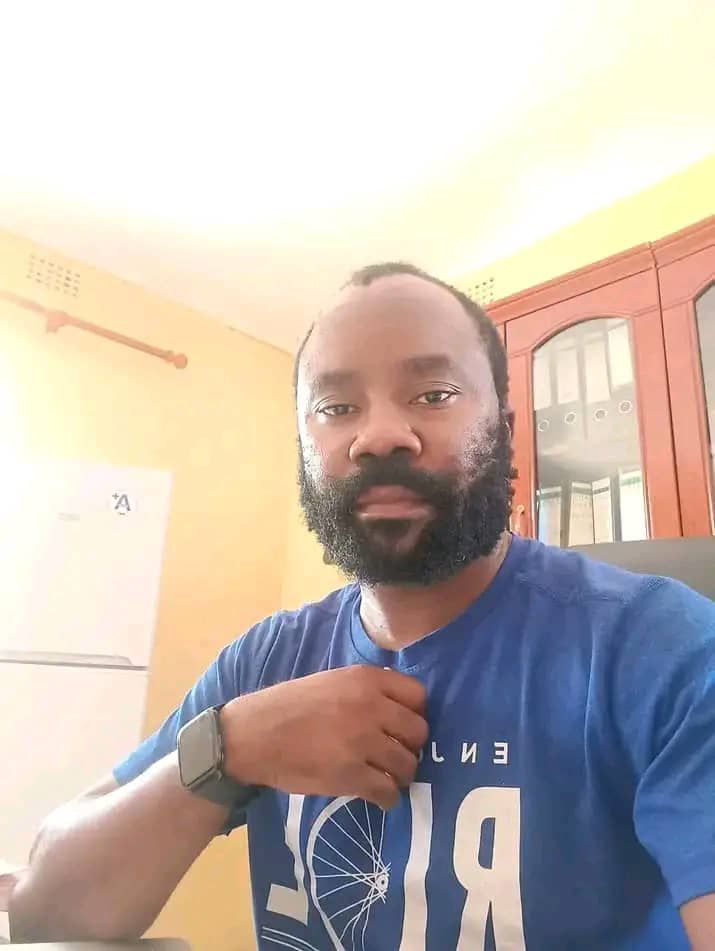By Burnett Munthali
Renowned political and social advocate Silvester Ayuba James has sharply criticized the recently released Afrobarometer survey, describing it as baseless, biased, and lacking credibility. Ayuba’s remarks have ignited debate in political and social circles, particularly concerning the methodologies and transparency of such surveys.
According to Ayuba, the survey fails to provide detailed information about the locations where it was conducted, making its findings questionable. He emphasized that such omissions create a lack of accountability, undermining public trust in the results.

“The absence of clear information on where and how this survey was conducted suggests either negligence or an intentional effort to skew the findings. This is unacceptable, especially when surveys like these influence public opinion and policy discussions,” Ayuba stated during a public forum.
Ayuba further argued that the survey may not adequately represent the diversity of opinions across the country, particularly from rural and underserved areas. “Who exactly was interviewed? Were these respondents representative of the broader population, or were they a select group whose opinions align with a particular agenda?” he asked rhetorically.
In addition to questioning its methodology, Ayuba alleged that Afrobarometer may be compromised by external influences, suggesting that its findings could serve specific political or ideological interests. He called for greater transparency in funding sources and affiliations to dispel these concerns.
Ayuba proposed that independent audits and peer reviews should be a standard requirement for organizations conducting public opinion surveys. “Surveys that claim to represent the voice of the people must be subjected to rigorous scrutiny. Only then can they truly serve as tools for progress rather than instruments of division,” he argued.
The criticism from Ayuba comes at a time when public trust in data-driven studies is increasingly fragile, with many questioning the authenticity of reports that fail to disclose detailed methodologies. His remarks have prompted calls from other stakeholders for Afrobarometer to provide clarity on the contested survey, including demographic data and regional breakdowns of participants.
Afrobarometer, a widely respected organization known for its research on democracy and governance in Africa, is yet to respond to the criticism. However, Ayuba’s comments have sparked a crucial discussion on the need for transparency and fairness in the dissemination of public opinion.
As debates around the Afrobarometer survey continue, Ayuba’s criticism underscores the importance of accountability and impartiality in research that seeks to inform both citizens and policymakers. Whether Afrobarometer will address these concerns remains to be seen, but Ayuba’s remarks have undoubtedly put the organization under the microscope.


